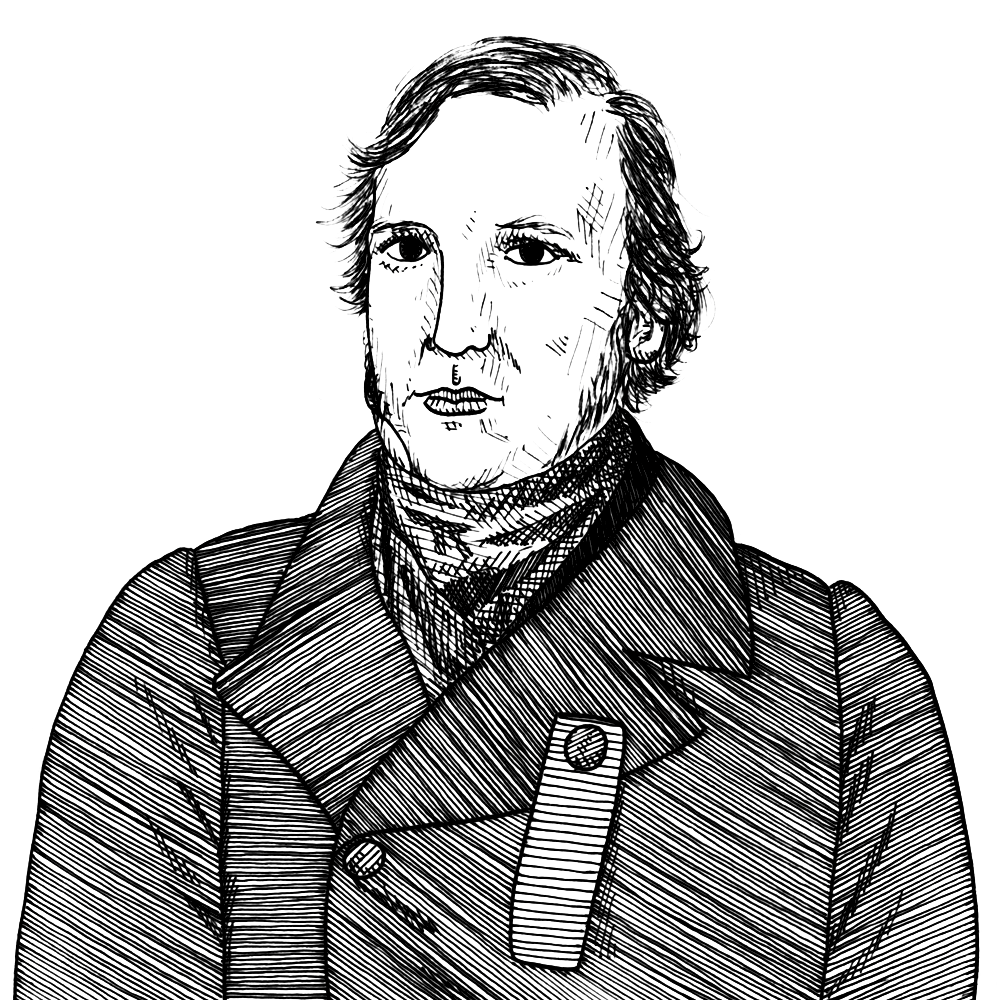
Gustave de Beaumont and Irish liberty (1839)
Found in: Ireland: Social, Political, and Religious, vol. 1 (1839)
In his analysis of the Irish problem in the late 1830s Gustave de Beaumont (1802-1866) provides some historical background, especially the belief some Irish radicals had in the principles of the French Revolution. He sympathetically quotes one of the songs of the United Irishmen from 1789:
Literature & Music
Rouse, Hibernians, from your slumbers!
See the moment just arrived,
Imperious tyrants for to humble,
Our French brethren are at hand.
Vive la united heroes,
Triumphant always may they be,
Vive la our gallant brethren,
That have come to set us free…
To arms quickly, and be ready,
Join the ranks, and never flee.
Determined stand by one another,
And from tyrants you’ll be free.
Vive la united heroes, &c.